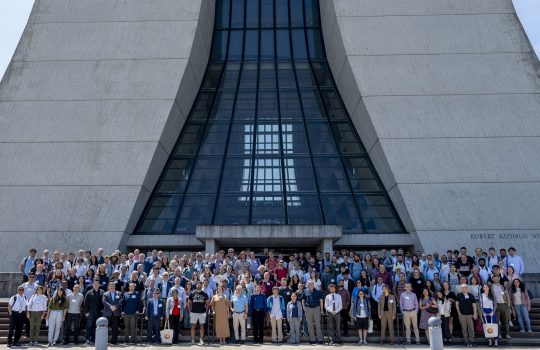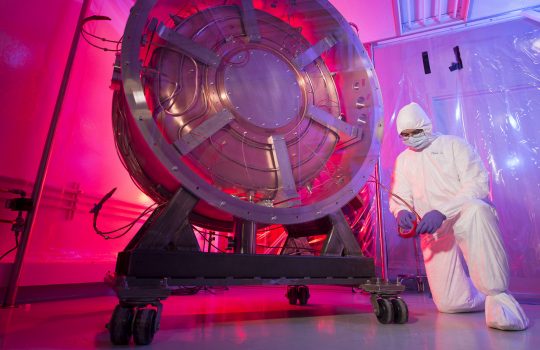Committee recommends U.S. build muon collider in report on future of particle physics
UChicago News, June 23, 2025
The National Academies of Science announced the result of a three-year study to set the vision for the next decades of particle physics. The study included a top recommendation to build a muon collider in the U.S. hosted at Fermilab.


